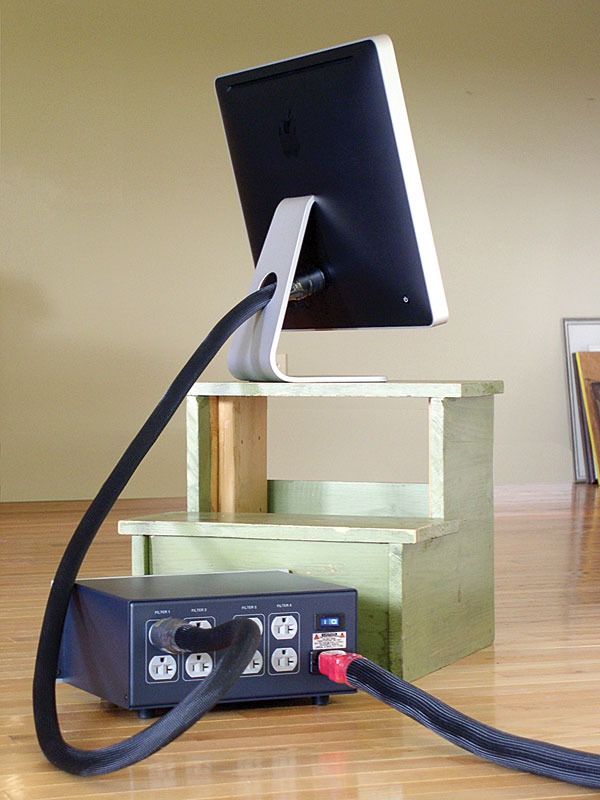It is doubtful that most power conditioners would pass a DBT unless there was audible noise before the power conditioner was inserted in the system. I've had interference problems in my systems before. When you listen to headphones a lot, they are much easier to hear. When I've had them, I've taken care of them (though never with a power conditioner). But elliminating audible noise and inserting power conditioning in a quiet system, then hearing an expansion of the sound stage, better micro dynamics or greater inner detail are two very different things. One is finding practical solutions to audible issues. The other is on a plane with brilliant pebbles and temple bells. And I'd lay money down on the DBT every time.
Tim
Tim,
Take an old PSAudio P300 and P600 power re-generator with the multiwave option. Several of these power forms will change the sound of your system significantly. But none of them except one (a very asymmetrical one) produced audible noise in my system. And, no, I was not powering a turntable or tape player using a synchronous motor with it!



